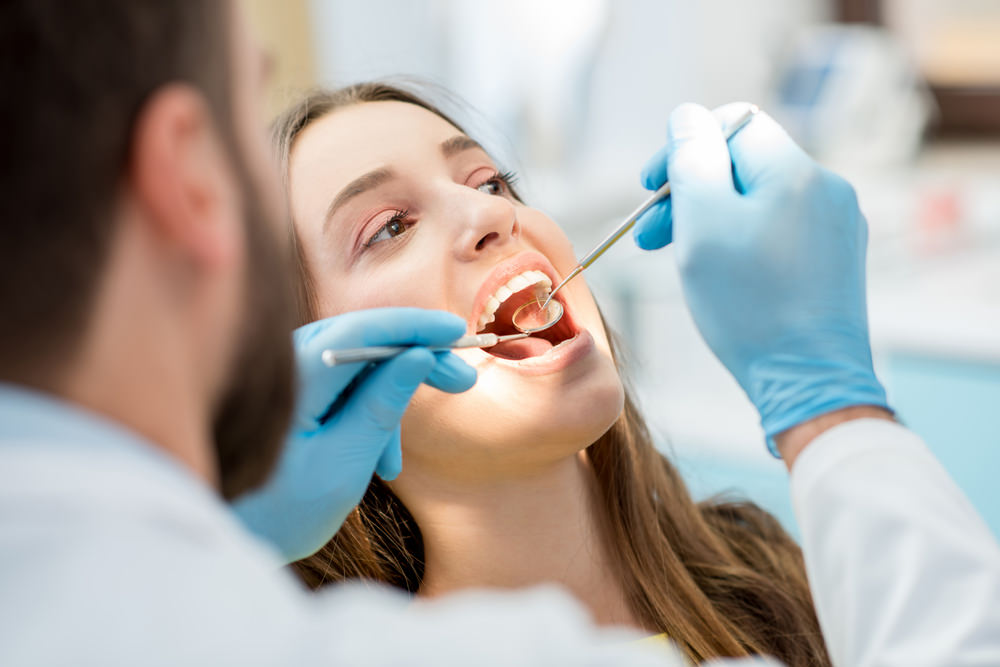Most people are aware of basic dental health practices that can help keep the mouth healthy. Unfortunately, oral hygiene is often overlooked as something that won’t affect your overall health and is sometimes neglected.
Bad habits, such as forgetting to brush your teeth twice a day, can lead to serious issues such as tooth decay and gum disease.
is a website designed to provide oral hygiene information. The site offers tips on brushing, flossing, and using mouthwash, as well as advice on how to overcome common dental problems such as tooth decay and gum disease. There are also extensive articles on various aspects of oral health.
Schedule Regular Dental Check-ups
Going for a regular check-up at your dental practice is the most foundational way to look after your oral health. Scheduling a regular examination with a dental professional can help prevent issues from occurring and getting worse. Dentists are trained to detect alterations in your oral health and can spot problems even when you don’t know they’re there. As a general rule, most people should get a check-up every one or two years. Unfortunately, if you leave it too long, you may need to go more often to rectify issues. If you are looking for a private dentist in Worcester, Northwick Manor Dental Practice is a great choice. They offer a range of general dentistry treatments and can help keep your oral health in excellent shape.
Brush Your Teeth Twice a Day
According to the NHS, people should brush their teeth for approximately 2 minutes twice a day with toothpaste. You should aim to brush all surfaces of your teeth, and the toothpaste you choose should contain a minimum of 1,350 parts per million (ppm) fluoride for optimal oral health. For best practice, avoid rinsing out your mouth after brushing so that there are still traces of fluoride on the surface of your teeth. Although you should avoid swallowing high concentrations of fluoride, you should allow it to linger on your teeth for several minutes to help reduce the risk of tooth decay.
Floss at Least Once a Day
Some people tend to floss only when they feel food particles in between their teeth, while others don’t floss at all. It is good practice to floss once a day at a minimum before you brush your teeth. Flossing can decrease your risk of gum disease and help your breath smell fresher. Single-tufted brushes and interdental brushes can be used instead of floss.
Consume Less Starchy Food Items
A high consumption of starchy foods has been linked with tooth decay. Starch can linger in the mouth and break down into simple sugars long after it has been consumed. Acid-producing bacteria is a major cause of dental decay, and it feeds on these simple sugars. Instead of consuming high amounts of starchy foods, try filling up on vegetables and fruits that are rich in fibre.
Reduce Your Sugar Intake
Free sugars, which include sugars added to food and beverages and naturally occurring sugars, play a significant role in dental issues. Studies suggest a healthy sugar intake should be under 10 percent of a person’s daily calories. By reducing the amount of sugar you consume, you can decrease the likelihood of tooth decay and cavities.








